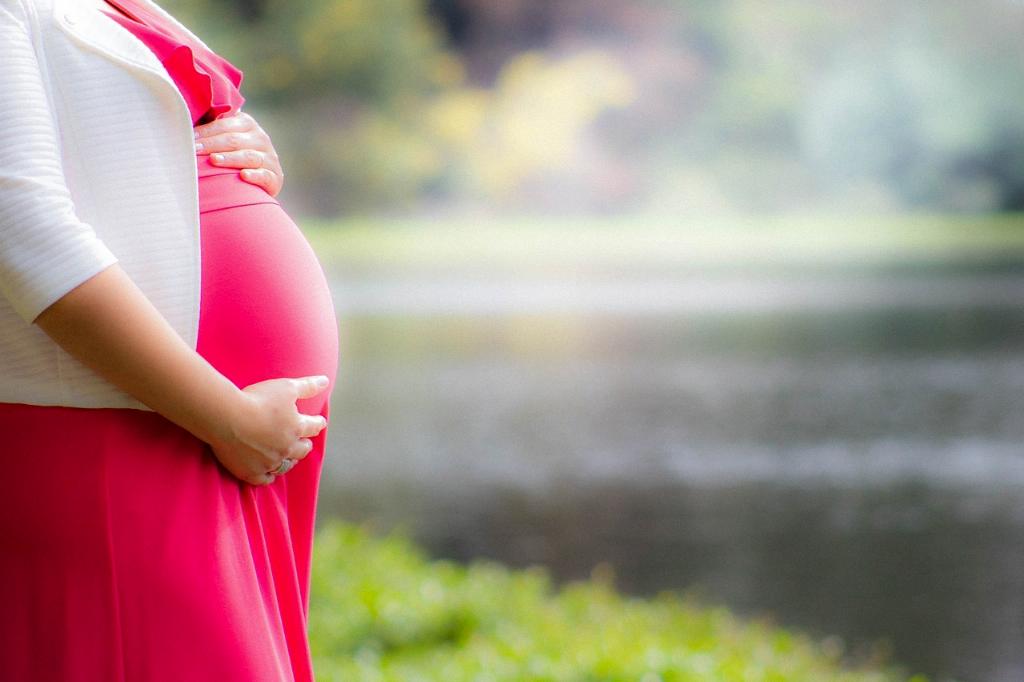At 36 weeks of pregnancy, you are in the final stretch of this amazing journey towards welcoming your little one into the world. Your baby has been growing rapidly, and at this stage, they are approximately 47.4cm long from head to heel, similar in size to a romaine lettuce.
One of the exciting developments at 36 weeks is that your baby’s lungs are likely mature enough to function independently outside the womb. This means that if your baby were to be born now, they would have a good chance of breathing on their own without the need for assistance.
Furthermore, your baby’s digestive system has also made significant progress by this point. They are equipped to suck and digest breast milk, preparing them for the nourishment they will receive once they are born.
Physically, you may be feeling the weight of your growing belly at 36 weeks. You might notice increased pressure on your pelvis and bladder as your baby continues to grow and move around in the limited space available in your uterus.
As your due date approaches, you may experience more frequent Braxton Hicks contractions, which are practice contractions that help your body prepare for labor. These contractions are usually irregular and can be uncomfortable, but they do not signify the start of active labor.
It is common to feel a mix of excitement and apprehension as you near the end of your pregnancy journey. The anticipation of meeting your baby soon can be overwhelming, but it is important to stay calm and focused on taking care of yourself and your growing bump.
It’s essential to continue attending your prenatal appointments regularly at 36 weeks. Your healthcare provider will monitor both your health and the baby’s development to ensure everything is progressing as it should be leading up to delivery.
By this stage, you may also be looking into childbirth classes or preparing your birth plan. Educating yourself about labor, delivery, and postpartum care can help ease any anxieties you may have about the upcoming birthing process.
Physical symptoms such as backaches, pelvic pain, and increased fatigue may be more pronounced at 36 weeks as your body prepares for labor. It’s essential to listen to your body and rest when needed to conserve your energy for the birth.
As you approach full term, you may notice that the baby’s movements change in intensity. While the baby is running out of space to somersault, you should still feel regular movements throughout the day. If you notice a decrease in movement, contact your healthcare provider immediately.
Mentally preparing for childbirth and the arrival of your baby is a significant aspect of the final weeks of pregnancy. Take this time to connect with your partner or support system, discuss any fears or concerns you may have, and get ready for the incredible journey of parenthood ahead.
Remember to stay hydrated, eat nutritious foods, stay active with gentle exercises, and get plenty of rest as you navigate the last weeks of pregnancy. Trust in your body’s ability to bring your baby safely into the world and cherish these final moments of anticipation and excitement.

